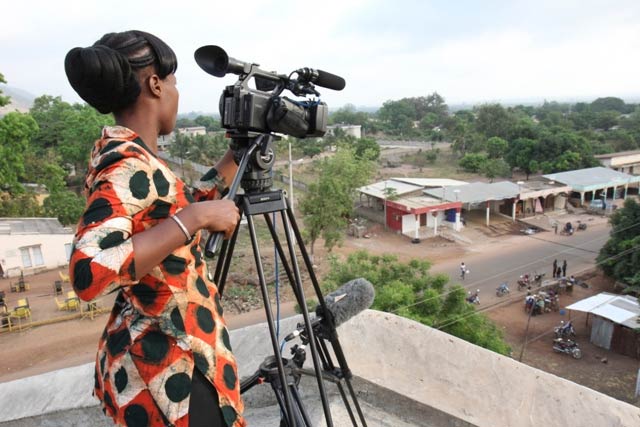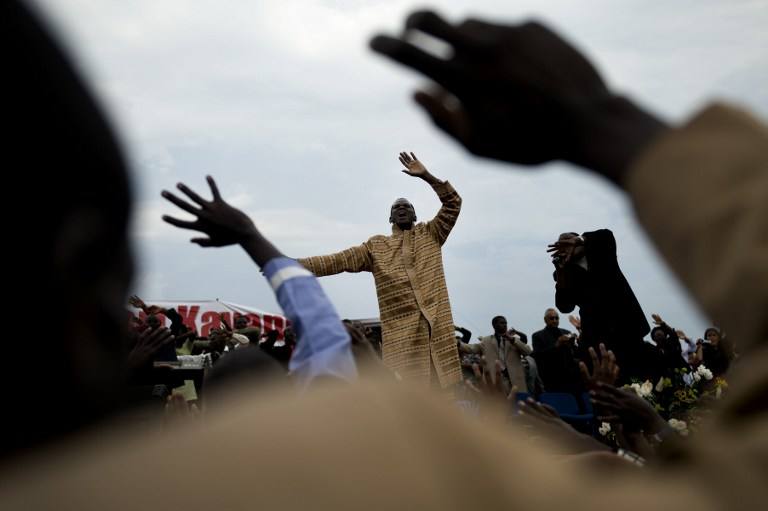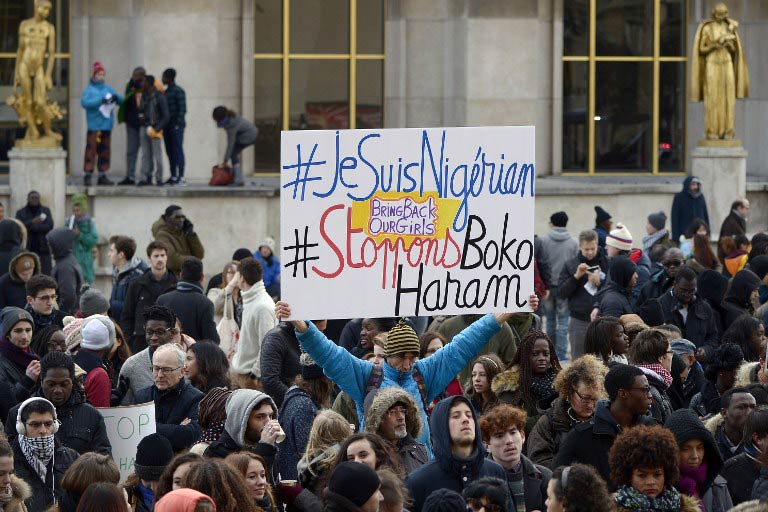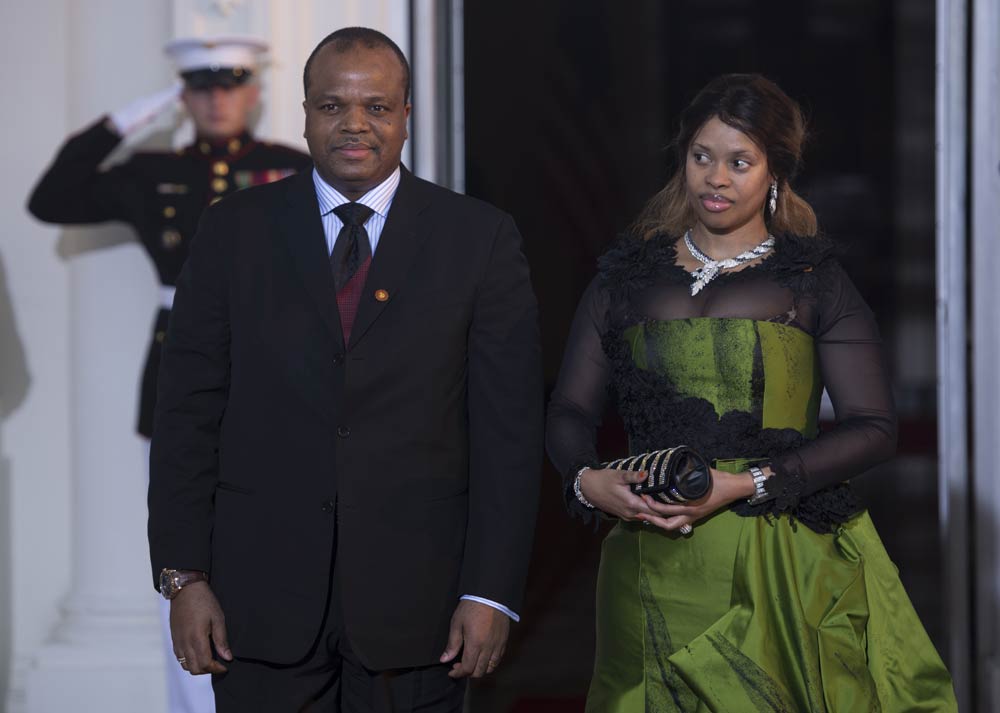
Two weeks ago, one of Kenya’s leading newspapers, The Daily Nation, published the story of a county governor who had spent some $197 000 on accommodation at a high-end hotel while awaiting renovation of his official residence. Quoting a report by Kenya’s Auditor General however, the paper noted that the county’s government also spent some $5 300 on house rent for the same Governor, during the same time period he was living at the hotel (July 9th to August 1st 2015). If these numbers don’t speak for themselves already, then add some 1.2 billion shillings ($11 855 844) misappropriated by the same county in September of 2013. You get the picture?
What is worrying about such blatant corruption and outright impunity in Africa is not its existence; it is the recurrence. It is the fact that it is as systemic as the education sector or agriculture is to the common citizen. I worry that while a child’s disease and a region’s poverty will be well documented by some aid agency and paraded to solicit funds from some well-meaning individual, these incidences of corruption will not see the light of day in the western world. It seems as if, we Africans, would rather allow benevolent stereotypes to flourish than for our dirty linen to be aired in public. The narrative thus remains the same. Africa is poor because it is poor; and while we’re out fighting the poverty narrative, we fiercely defend the source of our poverty.
I know there is a lot of noise about ‘Africa Rising’ going around the web and in intellectual circles; I also know that this is complete hogwash. Africa is going nowhere – not yet at least. There cannot be any development on a continent that propagates and recycles the same ideals that have kept it from developing for the last 50 years. So, citizens having some internet with which to shout at western media will not in itself change the continent’s trajectory. The corruption will stay, terror attacks still go unattended and ethnic strife still pit us against each other. Just because we can tweet at CNN and get an apology does not mean we are better off as a people. While it is laudable that we are challenging stereotypes about our continent; and while we need to show things as they are, we must acknowledge that incidences of corruption too are a part of our social fabric. They might be undesirable alright; they might be shameful; but integrity to our continent and preparedness for real development implies (indeed requires) that we talk about these indecent characteristics too.
So what happens to our sandy beaches and wild animals and M-Pesa and the Savannah? Nothing. But if we want a complete story of us, we must be at the forefront of telling it. If any media speaks about corruption, or terrorism in Kenya, it has every right to. Granted, sensational reporting is below media ethics, the truth must nevertheless be spoken. It is pretentious of us Africans to imply that exposure of our continent’s weaknesses, or our politicians’ misdeeds, somehow blemishes our “good name”. Because it is this very identity that gets tarnished every time we want to keep the monopoly on talking about corruption within our borders.
There is no substitute for thinking.
Franklyn Odhiambo is an alumni of the African Leadership Academy and student of the university of California, Berkeley. Oh,and he’s Kenyan too.








